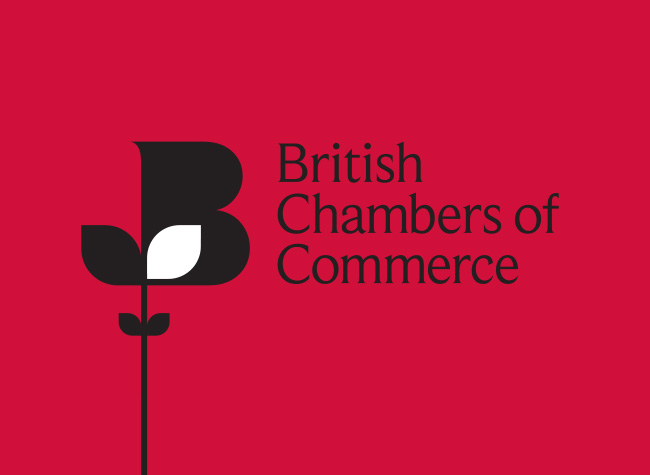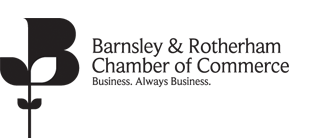
Carbon footprint a mystery to 9 out of 10 small businesses
- National business survey finds vast majority of small businesses have yet to put targets in place to reduce their emissions – with the pandemic pushing climate action down the agenda
- Just 11% of respondents measure their carbon footprint, although half of respondents acknowledge their customers are worried about the environment
- Larger firms are far more likely to be taking environmental action than microbusinesses
- Cost is considered the biggest barrier, with 30% claiming lack of finance is holding them back
- The British Chambers of Commerce and O2 have today launched a free online hub for firms to find all the information, tools and support they need to become net zero.
LONDON, 09 August 2021: Research published today by the British Chambers of Commerce in partnership with O2 has found that only one in ten (11%) responding businesses, of more than 1,000 surveyed in the UK, are measuring their carbon footprint.
This falls to 9% for small businesses, and 5% for microbusinesses, with fewer than 10 employees. By contrast 26% of larger firms, with more than 50 employees, are measuring their footprint.
The research also showed only one in seven (13%) have set targets to reduce their emissions – down from one in five (21%) when firms were surveyed before the pandemic in February 2020.
In addition, almost two thirds (64%) of businesses surveyed say they don’t see net zero targets as a high priority in the wake of the pandemic, although half (49%) admit their customers are worried about the environment.
The findings also show that one in five businesses (22%) don’t fully understand the term ‘net zero,’ and almost a third have yet to seek advice or information to help them develop a net zero roadmap or improve their environmental sustainability.
With the impacts of the pandemic and other priorities weighing heavily on small and medium sized businesses, the research found that smaller firms were far more likely to be behind on climate action. When it came to setting carbon reduction targets, 27% of larger firms have done so, compared to just 9% of microbusinesses.
Barriers and required support
The main barriers preventing respondents from making their business more sustainable are high upfront adaptation costs (34%) and a lack of finance (30%).
Getting access to grants (28%), tax allowances (14%) and reducing the costs of making adaptations (14%) were cited as the three steps businesses would most like to see to help them reduce their carbon consumption within the next six months.
While 13% said they would like access to impartial, bespoke advice with an action plan – and almost a third said they look online for advice on net zero and environmental sustainability.
Taking action on emissions
Despite a lack of awareness on carbon footprints, many firms are still taking a wide variety of positive actions to reduce their emissions and become greener.
Over the next 12 months, 54% of businesses surveyed are planning to reduce their consumption (e.g. of paper, food and plastics), 47% are planning to reduce the energy they use through travel, and 40% are planning to reduce the energy used at their offices and premises. Of those looking to take action, eight in ten (79%) cite concern about the environment as the motivating factor, followed by efficiency gains or cost savings (cited by 59%).
In response to the findings, the British Chambers of Commerce and O2 have today launched a free online hub to help businesses find out how to measure their carbon footprint, set targets and develop an overall net zero strategy. The new hub provides a one-stop-shop for businesses to find out everything they need to know about Net Zero. It is packed with information on how to apply for grants, where to seek specialist advice and practical tips from firms that have already taken action.
Jo Bertram, Managing Director, Business & Wholesale at Virgin Media O2 said: “In May, the Government called on small businesses to lead the charge and pledge to reach net zero by 2050 or sooner, but our research shows that to do this, they need more support. From microbusinesses to larger firms, SMBs have told us they’re concerned about the environment, but in the wake of lockdowns and growing economic pressures, the majority are understandably facing barriers to improving their sustainability.
“That’s why today we’ve launched the Net Zero Hub, to provide businesses of all sizes with the free online resources they need to accelerate their net zero journey. Whether they have just started or are well underway, the hub offers practical guides, real-life insights and useful tools to help small businesses reap the benefits of reaching net zero. Small businesses make up 99% of the UK’s business landscape, and we’re committed to helping them cut their collective carbon footprint and play their part in building a cleaner, greener future for the UK.”
Shevaun Haviland, Director General of the BCC, said: “This research is a real eye-opener and shows just how big a challenge the UK’s net zero target is. The dual impacts of the pandemic and Brexit have been a huge body-blow to many businesses, so it’s unsurprising that targeting emissions has taken a back seat.
“But change has to come, and our Net Zero Hub makes clear that the earlier firms adapt then the greater the advantages will be – they cannot afford to get left behind.
“The climate challenge is one that affects every single one of us and business has a big part to play in tackling it. But the Government must also recognise that smaller firms will need access to grants, subsidies and other financial support to help them take effective steps on the journey to a greener future.”
In 2020, O2 became the only mobile network operator in the UK to commit to net zero by 2025, whilst working with supply chain partners to reduce emissions by 30% in the next five years. O2 Business is working with organisations of all sizes to help build a lower carbon economy through better connectivity – from smart meters and smarter working through to connected cars and air pollution monitoring. In 2020, O2 Business helped customers save 1.4m tonnes of carbon through B2B products and services (including flexible working, IOT solutions and Cloud-based services).*
To find out more about how the new Net Zero Hub from the BCC and O2 is supporting small and medium businesses on their net zero journey please visit: https://www.britishchambers.org.uk/page/net-zero-hub-2


Sorry, the comment form is closed at this time.